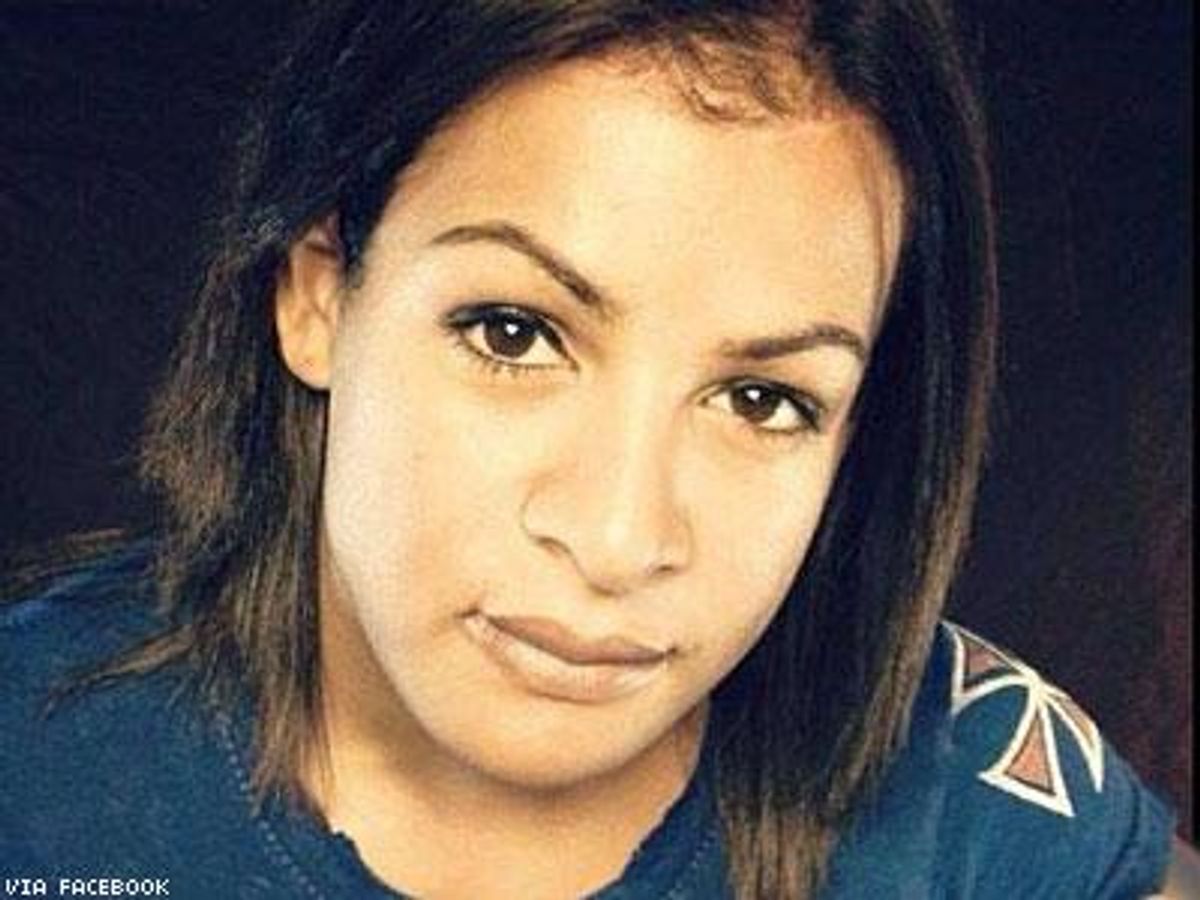The California State Athletic Commission met Monday to discuss rule changes that would pave the way for transgender athletes to compete in professional athletic events.
Earlier this year, Fallon Fox, a professional mixed martial arts fighter, came out as transgender in an interview with Sports Illustrated. At the time, little was known about what the future would hold for Fox's fighting career, with some claiming that she has a physical advantage over the cisgender (nontrans) women she fights. MMA commentator and former Fear Factor host, Joe Rogan dedicated nearly 10 minutes of a March podcast to hurling transphobic insults at Fox, asserting that she shouldn't be allowed to fight women, calling the 5'7" Fox "huge."
Nine months later, the California State Athletic Commission is considering adopting a system of rules and regulations that would allow trans athletes to obtain licenses to participate in boxing, kickboxing, and mixed martial arts competitions throughout the state. The proposed policy, which will go through a series of public hearings prior to being finalized and implemented, would resemble policies in place with the International Olympic Committee and NCAA.
On May 17, 2004, the International Olympic Committee adopted what is known as the Stockholm Consensus, the policy that opened the door for transgender athletes to compete in the Olympic Games. The policy determines that a transgender athlete must have undergone at least two years of hormone replacement therapy, have received legal recognition of their gender within their country, and gone through some form of gender-confirming surgery. This policy, while seen as too strict by some, has set a standard to which other organizations have looked when tackling the subject of trans athletic competition.
But some still question whether transgender athletes have an advantage over their cisgender counterparts. Dr. Marci Bowers, one of the world's most well-known surgeons specializing in gender-confirming surgeries, gave an interview earlier this year to MMA website BloodyElbow.com, confirming that a transgender woman's body is substantially similar to a cisgender woman's bod.
"Most measures of physical strength minimize, muscle mass decreases, bone density decreases, and they become fairly comparable to women in their musculature," Bowers told BloodyElbow. "After as much time as has passed in [Fox's] case, if tested, she would probably end up in the same muscle mass category as her biologically-born-female counterpart." Bowers went on to address concerns about hormone levels, ability to build muscle, bone structure, and skin density, failing to find an area where someone in Fox's position would have a distinct advantage.
Even so, state licensure boards like California's Athletic Commission remain cautious about allowing transgender athletes to participate in professional sports.
"Everybody has a right to participate in sports, but we need to find a way to allow them to participate safely, for both contestants -- for both the transgender athlete as well as the non-transgender," California State Athletic Commissioner Christopher Giza told Capital Public Radio Monday.
Public comment will be heard over the course of the next several months. Should the board agree on a policy, implementation could take up to a year to complete.


















































































